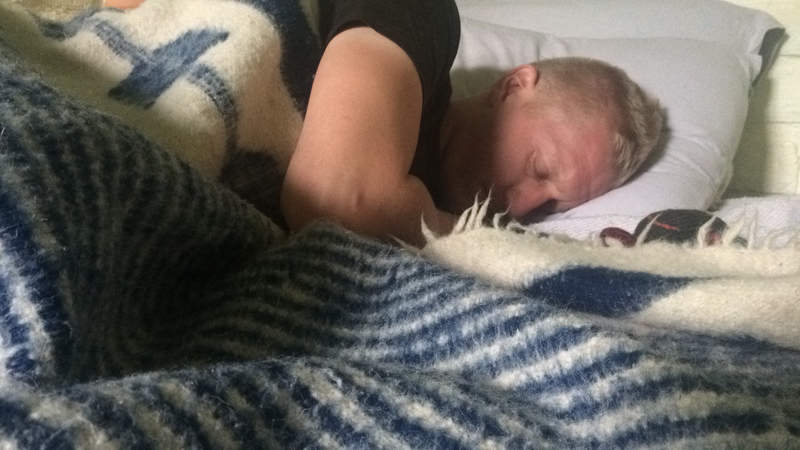
How to Deal with Traveller's Diarrhea
If you travel around the world, it's going to happen. Everybody's least favorite friend stops by. It's never the end of the world, but if you're a solo traveler like me, it can be a bit dangerous. Here's how to best take care of yourself when the local bugs attack.
Stop the source.
First and foremost, figure out what's causing you to lose everything you eat. Look at your sources of food and water. Often there isn't much you can do, but if you can, make sure you've addressed the source of the problem.
If you're not (mostly) better in 48 hours, see a doctor.
The CDC notes that most cases resolve within a few days. If it goes longer than that, get yourself to a doctor, and some Cipro. In the meantime, here's how to give yourself the best chance of recovery.
Get plenty of rest.
The body has a marvelous ability to fix itself if you just leave it alone, let it rest, and give it a basic set of nutrients. There's a microbiological battle for the ages going on in your gut, and the best thing you can do to help your side is make sure all your body has to do is win that war.
Drink lots of (clean) water.
One of the biggest dangers to diarrhea is the dehydration that comes with it. Even if you know you're going to lose the water, keep pushing it in, even when you don't feel like it.
Of course, this is dependent on having access to genuinely clean water. It sounds obvious, but just for completeness, if you suspect your water supply, even if you're the most eco-conscious, budget-minded traveler, go stock up on the most expensive bottled water you can find. Your body is 60% water. Replenish it well.
Find some way to eat food.
This is a tough one, especially since your energy is generally pretty low. If you can swing it, make your way to a market, and get the closest thing to comfort food you can find. Go for whatever you ate when you were sick as a kid. Your body knows it's ok.
My standby is a loaf of sliced bread and a few sticks of butter. It's not a nutrient-packed smoothie of wonderful, but it is calories. And when you're losing everything you put in, any calories are helpful. As for the nutrients, there's a another way.
Multivitamins are your friend.
I always travel with a handful of multivitamins specifically for when I get sick. They're marvelous little pills, packed with all the random vitamins and minerals you totally need, but can't get from bread and water. If you go with the gel ones, they're also ridiculously quick to absorb, which means you'll get some in your bloodstream, even if you can't keep anything down.
Use mind over matter.
You will have moments, especially if it's kept up for more than 24 hours, where you're stuck in a terrible Catch-22. You're don't have enough energy to get up and make food, but you need to eat food to get more energy.
This is the toughest part.
As far as I've been able to work out, the only thing to really do is watch for windows of energy and willpower, and then to take them and force yourself to make and eat food. It's often helped me to remind myself that, yes, I feel terrible and don't feel like eating, but I can either feel terrible and do nothing to make it better, or I can feel terrible and do something to make it better.
For whatever strange reason, the body doesn't self-correct on this one. Even though you're dehydrated and malnourished, it's perfectly happy to let you sleep, munching through your muscles and fat reserves for energy. In this particular case, you're going to need your mind to tell your body what to do.
Give yourself a break.
Finally, cancel everything. Just give yourself the space and time to get well. You might be in a really cool place with cool things going on, but you're not really going to experience any of them in your half-zombie state. Take a day, get better, then get back out there.
A lot of the stuff in here is common sense, and easy to spot if you're well. But when you're in the fog of bleeeeuuugh, it's not as easy.
Thus, why I've written it all out - as an easy, one-stop reference if you're ever caught with the traveler's flu. It's one less thing to worry about. Follow the steps on here, and you'll be back out on the road in no time.

